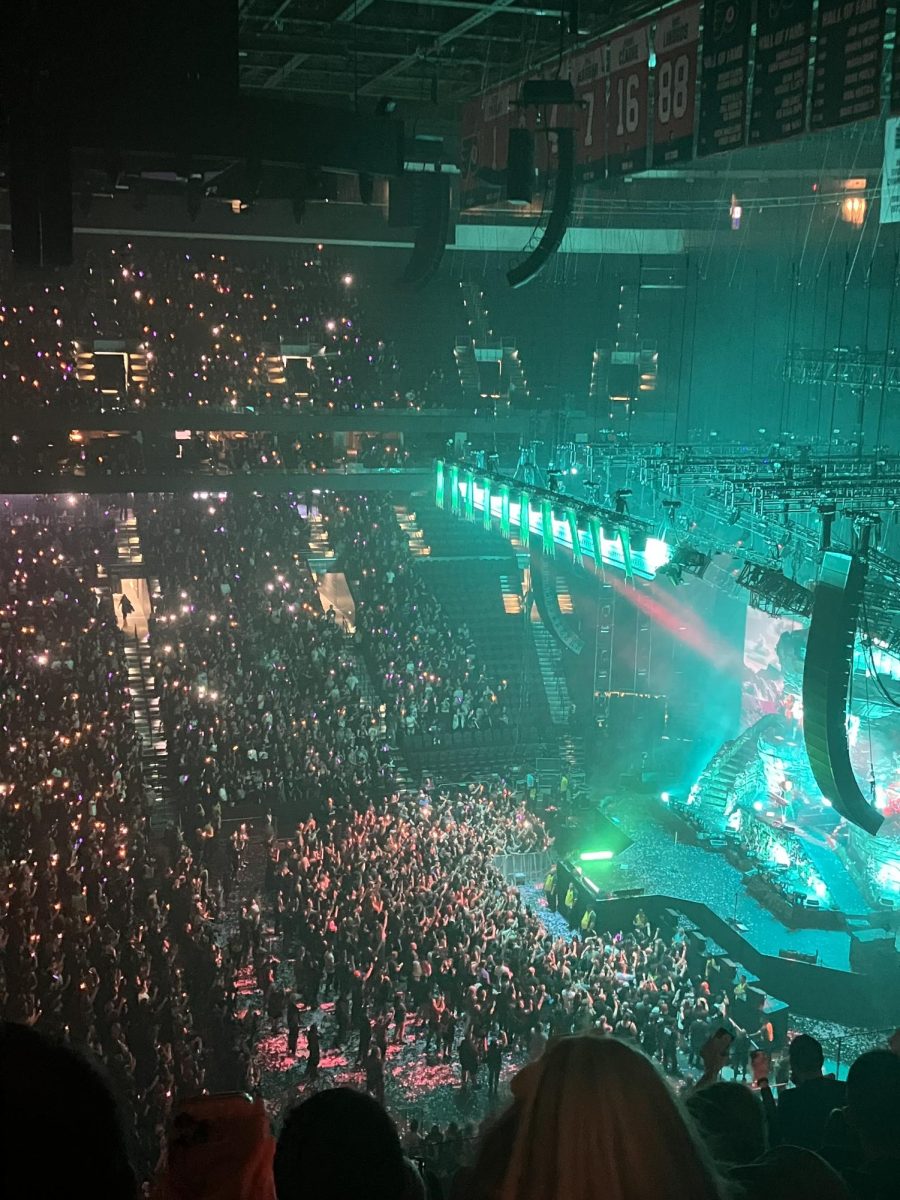Observing Ramadan
May 28, 2022
This previously ran in our April 2022 print issue.
Ramadan. The most awaited time of the year for millions of Muslims around the globe, where followers of Islam fast from sunrise to sunset for 29-30 days (depending on the lunar calendar) during the holy month. For Muslims, Ramadan is a time of spiritual reflection, a time to pray to God for guidance, a time to strive to do better in the months and years ahead.
Ramadan, the ninth month of the Islamic calendar, is when the first revelation of the Quran was given to the Prophet Muhammad (SAW) through the angel Jibreel (Gabriel). During this month, all able-bodied Muslims are expected to fast, as it is one of the five pillars of Islam, the rest being the Shahadah, Salat, Zakat, and Hajj.
The day of fasting begins with the suhoor, or sehri (the meal before beginning the fast for that day), which takes place before the Fajr prayer (the first prayer of the day). Those who are fasting try to eat a heavy meal and drink lots of water to last through the day. Then they begin their fast until sunset. During these hours without food or drink, most Muslims try to go about their daily routine as much as possible. The fast is broken at sunset, tradittionaly with a date and water, as this is what the Prophet Muhammad (SAW) did.
But Ramadan isn’t just about abstaining from food and drink. During this month, many Muslims become more steadfast in their prayers and spend more time reading the Quran and hadith (sayings of the Prophet Muhammad (SAW)). Muslims may also try to go to the mosque more often to say prayers in congregation, particularly the Maghrib (sunset) prayer, which is when the iftar occurs. It is tradition to open the fast with a date and water, as this was the practice of the Prophet Muhammad (SAW). One of the common drinks that is consumed across the Indian subcontinent and the Middle East during Ramadan is Rooh Afza,
The end of Ramadan is joyously celebrated by Muslims on the first day of Shawwal (the tenth month of the Islamic calendar) with the holiday of Eid al-Fitr. This is the only day in the year when Muslims are prohibited from fasting, other than Eid al-Adha, the other major Islamic holiday. Gift-giving is done, and for this reason, Eid al-Fitr is sometimes described as “Muslim Christmas,” despite the fact that they are totally different in reasons and practices for the holidays.













